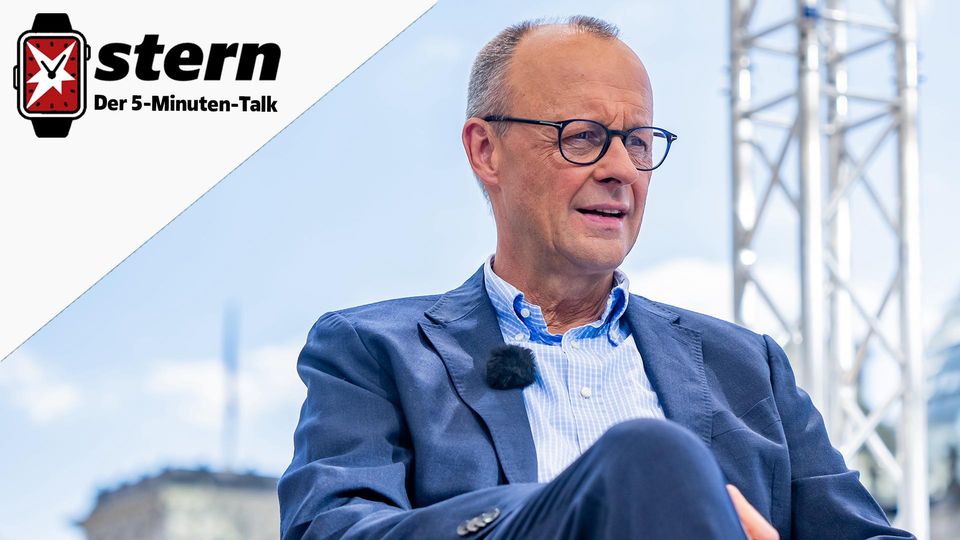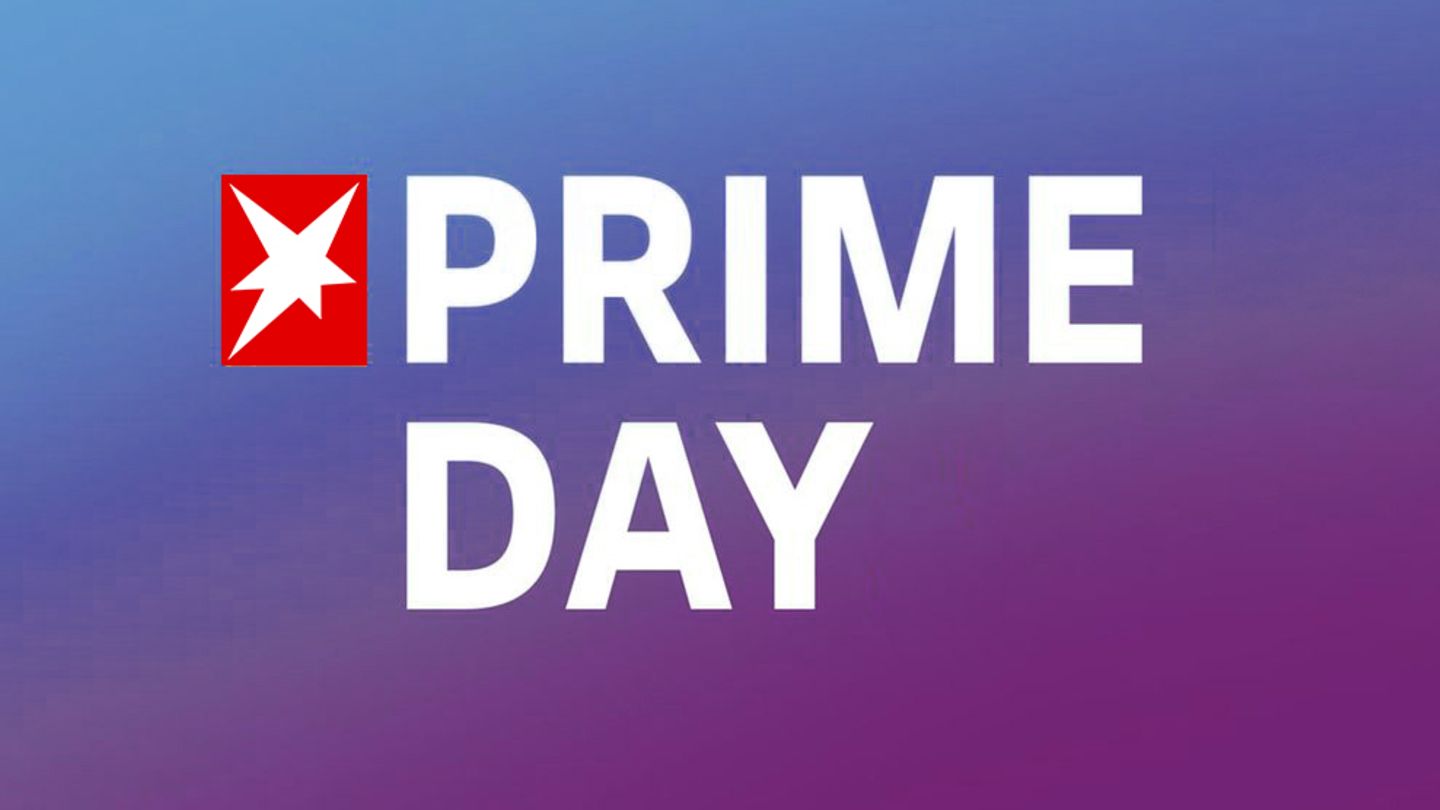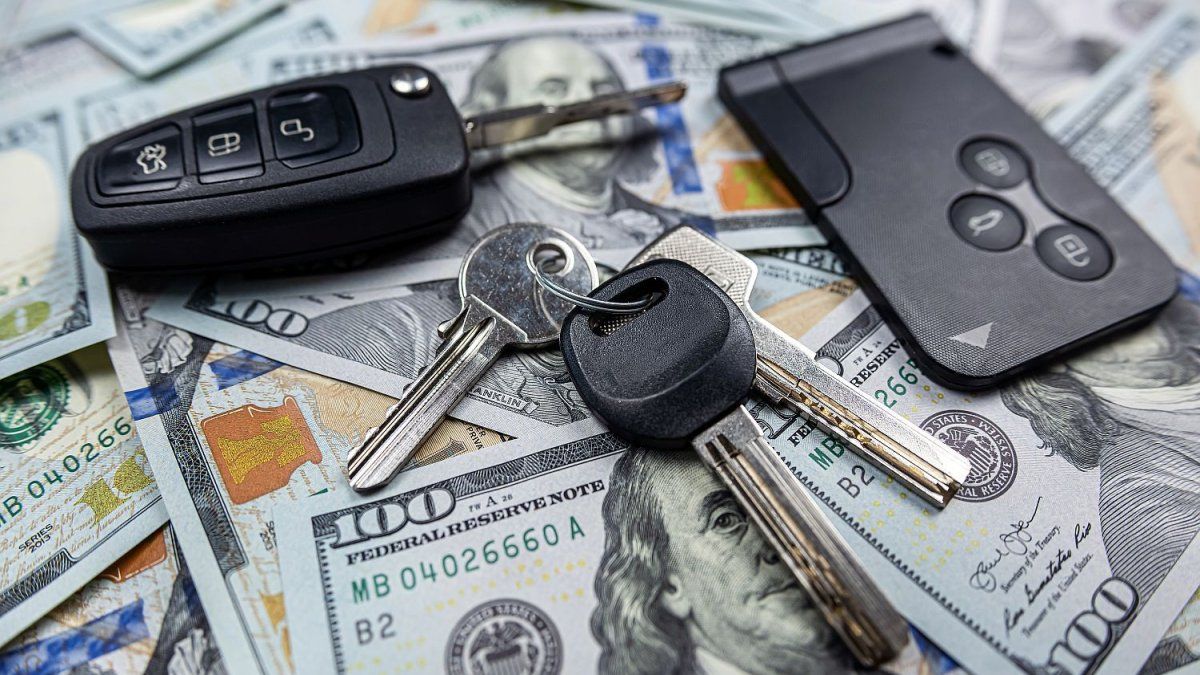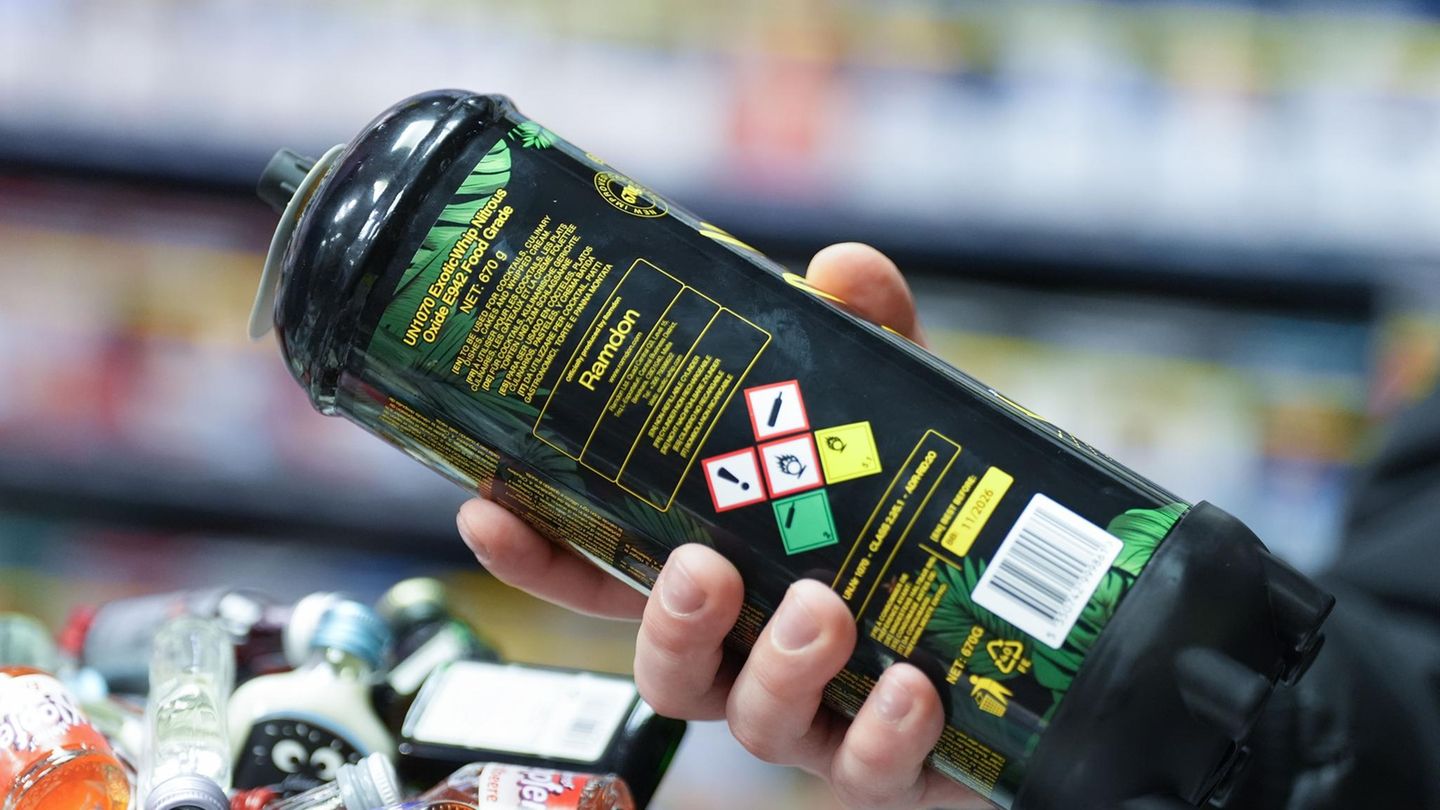In its second attempt, the federal government is now presenting its 2025 budget. It is now also clear what the traffic light coalition is planning to spend money on.
They have brooded, negotiated and argued publicly – but now the federal government’s new budget draft is ready. The compromise from mid-July had to be unraveled again because of the threat of a breach of the constitution. But now the time has come. The leaders of the SPD, Greens and FDP already agreed in principle on Friday, and now the new figures are ready and have been sent to the Bundestag. The document is available to the German Press Agency in Berlin.
Betting on leftover spending
Even after the compromise, there is still a gap in the budget. The so-called global underspending amounts to 12 billion euros – and is therefore larger than the federal government actually wanted. It is betting that the ministries will not spend all the money they are entitled to in the year anyway. That has actually been the case in recent years: billions of euros were regularly left over at the end of the year. A funding gap of this size is unusual, however.
The traffic light government plans to spend almost 490 billion euros next year, more than a tenth of which will be spent on credit. But that is still not certain. The federal budget is not decided by the government, but by parliament. The budget makers in the Bundestag usually make a whole series of changes before the decision is made shortly before Christmas – and sometimes even reverse cuts planned by the government.
The most important figures from the draft budget
Overall, the budget for next year is expected to have a volume of 488.6 billion euros. That is around 300 million less than this year. The Finance Ministry has allocated 81 billion euros to investments – a record level.
Federal Finance Minister Christian Lindner (FDP) is planning new loans totaling 51.3 billion euros – slightly more than this year. According to the Basic Law, the federal government is allowed to borrow this money despite the debt brake.
Traffic light coalition
A touch of revolution: These are the books the German government is reading
The traffic light coalition wants to use its budget to simultaneously stimulate the faltering economy, maintain social benefits, ease the burden on taxpayers and deal with the tense international security situation. The largest item by far is the social budget. 179 billion euros have been earmarked for this, although a large part is already tied up in legally guaranteed benefits such as the citizen’s allowance.
Is there enough money for the Bundeswehr?
Defense Minister Boris Pistorius (SPD) will receive additional funds so that Germany exceeds the NATO quota of two percent of gross domestic product. 53.25 billion euros are earmarked for the defense budget. This is an increase of 1.3 billion – but significantly less than the 58 billion that Pistorius had actually demanded. Too little in the SPD politician’s view, given the international security situation and possible threats to Germany.
According to previous information, there will also be around one billion more than before for the security authorities, including the Federal Police and the Federal Criminal Police Office.
What is included in the budget for families
From January, families will receive five euros more child benefit per month per child – i.e. 255 instead of the previous 250 euros per month. A further adjustment is planned for 2026: Then there will be another four euros more, i.e. 259 euros per month per child. The immediate child supplement, which provides additional support for families with low incomes, will also increase by five euros from January. There will then be 25 euros per month per child.
What changes for every taxpayer
The federal government is increasing tax allowances in tax returns. The cabinet has already approved that the basic allowance, on which no income tax has to be paid, will rise from 11,784 euros to 12,084 euros next year. Accordingly, the child allowance will also be increased again next year by 60 euros to 6,672 euros.

Finally holidays: grades for Berlin’s top personnel
05:10mins
In order to offset the effect of inflation, the income limits above which higher tax rates apply are also being shifted – with the exception of the limit for the tax on the rich, which at 45 percent is still above the top tax rate.
What the traffic light does for the economy
The SPD, Greens and FDP have put together a package for more economic growth. According to the Finance Ministry, this should lead to additional growth of more than half a percent – and ultimately to around six billion euros more in tax revenue.
Among other things, improvements in the depreciation of investments are planned. The traffic light coalition wants to reduce bureaucracy and reduce electricity prices for energy-intensive companies. Employees should be given incentives to work more and longer. There should also be tax incentives for foreign skilled workers.
Rental support
The cabinet has already put this in motion: from January, there will be an average of 30 euros more in housing benefit. This monthly rent subsidy for low-income citizens is reviewed every two years and adjusted to reflect price and rental price developments. Because rent, energy and food have recently become more expensive, the subsidy will increase by an average of 15 percent.
Source: Stern
I have been working in the news industry for over 6 years, first as a reporter and now as an editor. I have covered politics extensively, and my work has appeared in major newspapers and online news outlets around the world. In addition to my writing, I also contribute regularly to 24 Hours World.




